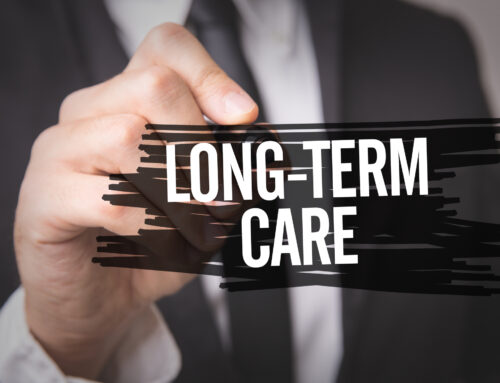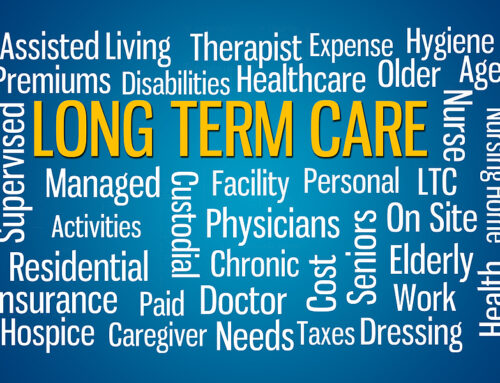
When planning for retirement, it’s essential to consider the potential medical expenses that come with aging. Here are some key questions we get a lot when we talk with clients about medical expenses in retirement.
Question 1: How much will healthcare cost you?
When estimating your medical expenses in retirement, several factors come into play, including your health condition, location, and access to retiree health benefits. On average, a 65-year-old couple retiring in 2023 may require around $315,000 to cover healthcare expenses throughout their retirement.[1] However, it’s crucial to recognize that this amount is subject to change due to inflation and individual health circumstances.
Various factors contribute to retirement healthcare costs, including medical services, prescription drugs, and dental and vision care. These expenses are often not fully covered by Medicare and may necessitate additional insurance or out-of-pocket payments.[2]
Question 2: How much will Medicare cost you?
Medicare, a federal health insurance program primarily for individuals aged 65 and older, as well as certain younger people with disabilities, is comprised of different parts: Part A, Part B, Part C (Medicare Advantage), and Part D.[2] While Part A generally does not require a premium, Part B, Part C, and Part D involve monthly premiums, deductibles, copayments, and coinsurance, which can vary based on income and the specific plan chosen.[2]
Question 3: How does Medicare factor into early retirement?
If you retire before turning 65, you won’t be eligible for Medicare until just before your 65th birthday.[2] In such cases, exploring alternative health insurance options, such as private health insurance plans or coverage through a spouse’s employer, may be something you should consider.[2]
Question 4: How should you plan for long-term care?
Long-term care, encompassing assistance with daily living activities and extended medical care, is typically not covered by Medicare.[2] Planning for potential long-term care needs may involve purchasing long-term care insurance or considering other financial strategies to cover these expenses.
Seeking Professional Guidance
Given the significant impact of healthcare costs on retirement planning, you may want to consider working them into your financial strategy. Ignoring these expenses may have detrimental effects on your savings. If you require assistance in factoring potential health expenses into your retirement plan, consider reaching out to a financial professional for a complimentary review of your finances.
[1] https://www.investopedia.com/retirement/how-plan-medical-expenses-retirement/
[2] https://www.investopedia.com/retirement/how-plan-medical-expenses-retirement/









